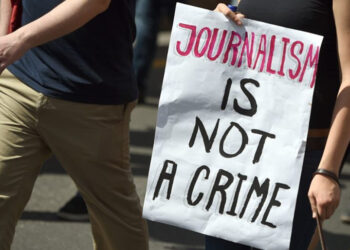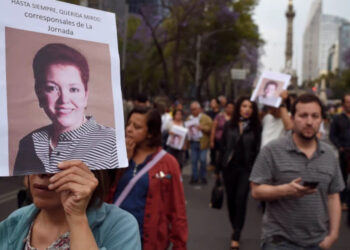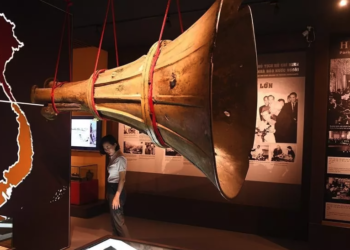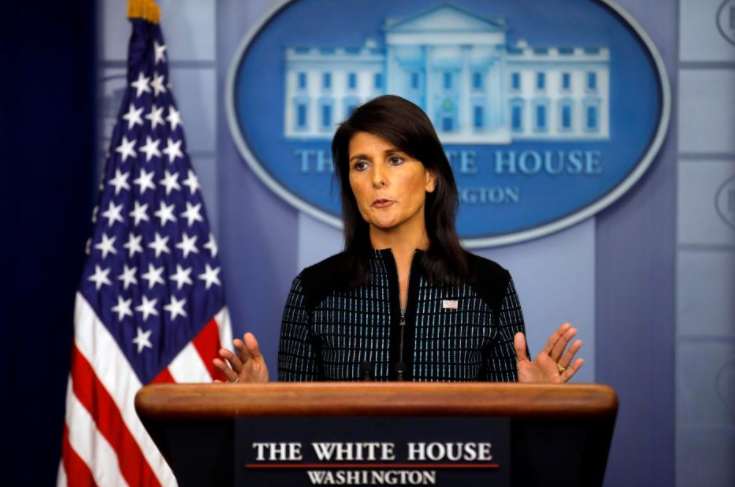Sixty-five journalists are known to have been killed in connection with their work this year, an 18 percent decline from 2016, according to a new Reporters Sans Frontieres (Reporters Without Borders) report released on Tuesday.
Thirty-nine journalists were murdered or deliberately targeted for their work, consistent with the same percentage (60) who were targeted in 2016, while another 26 were killed while reporting. It was the least deadly year for professional journalists in 14 years, with 50 professional journalists, seven citizen journalists and eight media workers dying in connection with their work.
The top five deadliest countries for journalists in 2017 were Syria (12 killed), Mexico (11), Afghanistan (9), Iraq (8) and the Philippines (4).
Two journalists, Pakistani blogger Samar Abbas, and Utpal Das, a reporter in Bangladesh, went missing in 2017 and have not been found.
Better protection for journalists
The report attributed the decline in journalist deaths to measures by nongovernmental and media organizations to provide journalists with more protection and security training, and rethinking the role of freelancers.
“The downward trend is also due to journalists abandoning countries that have become too dangerous,” the report noted. “Countries such as Syria, Iraq, Yemen and Libya have been haemorrhaging journalists.”
RSF, the United Nations Assembly, Security Council and Human Rights Council and the Council of Europe have worked to promote better safety standards for journalists. A U.N. General Assembly resolution on journalists adopted in October focuses on the risks faced by women, including the need to address violence and harrassment.
Twice as many women were killed in 2017, with 10 female journalists dying in the course of their work. They included Daphne Caruana Galizia, who was killed by a car bomb in her home country of Malta in October.
Journalists in detention
Separately, 326 journalists were detained worldwide in 2017, a drop from the previous year, although some countries moved in the reverse direction.
In Morocco, where no journalists were in detention last year, four citizen journalists, three media workers and a professional journalist were detained this year in connection with their coverage of protests in the northern part of the country.
China remained the world’s “biggest prison” for journalists. Although its secrecy around such detentions complicates the gathering of statistics, 52 journalists and bloggers were known to be detained in 2017. Two journalists, Liu Xiaobo and Yang Tongyan, died in prison from untreated cancer.
Turkey remained the largest detainer of professional journalists, with 42 professional journalists and one media worker in detention. Most of the detainees were arrested in connection with the failed July 2016 coup and have yet to be convicted of a crime. RSF noted it was actively investigating the cases of more than 60 other journalists in Turkey to ascertain if they were arrested in connection for their work or for other reasons.
UN Human Rights Chief: Half of Imprisoned Journalists Are in Turkey























